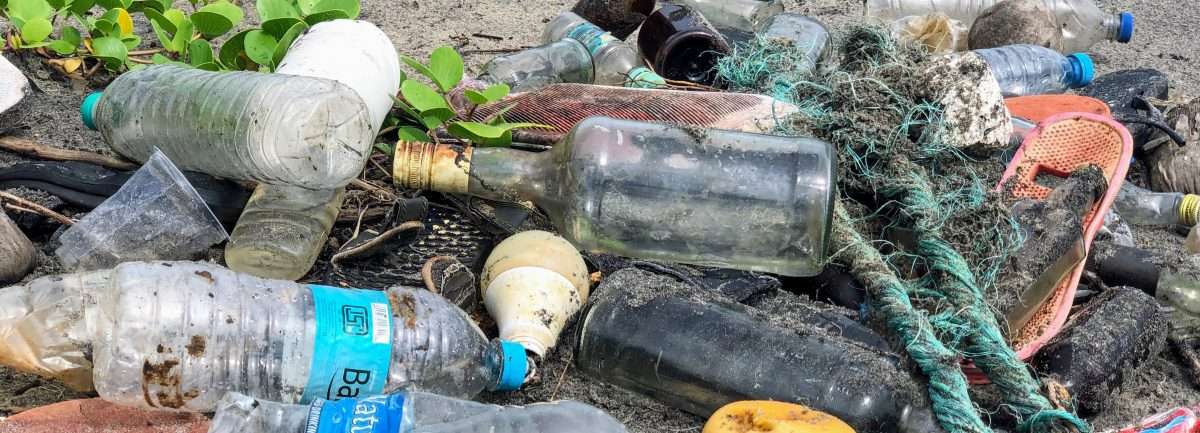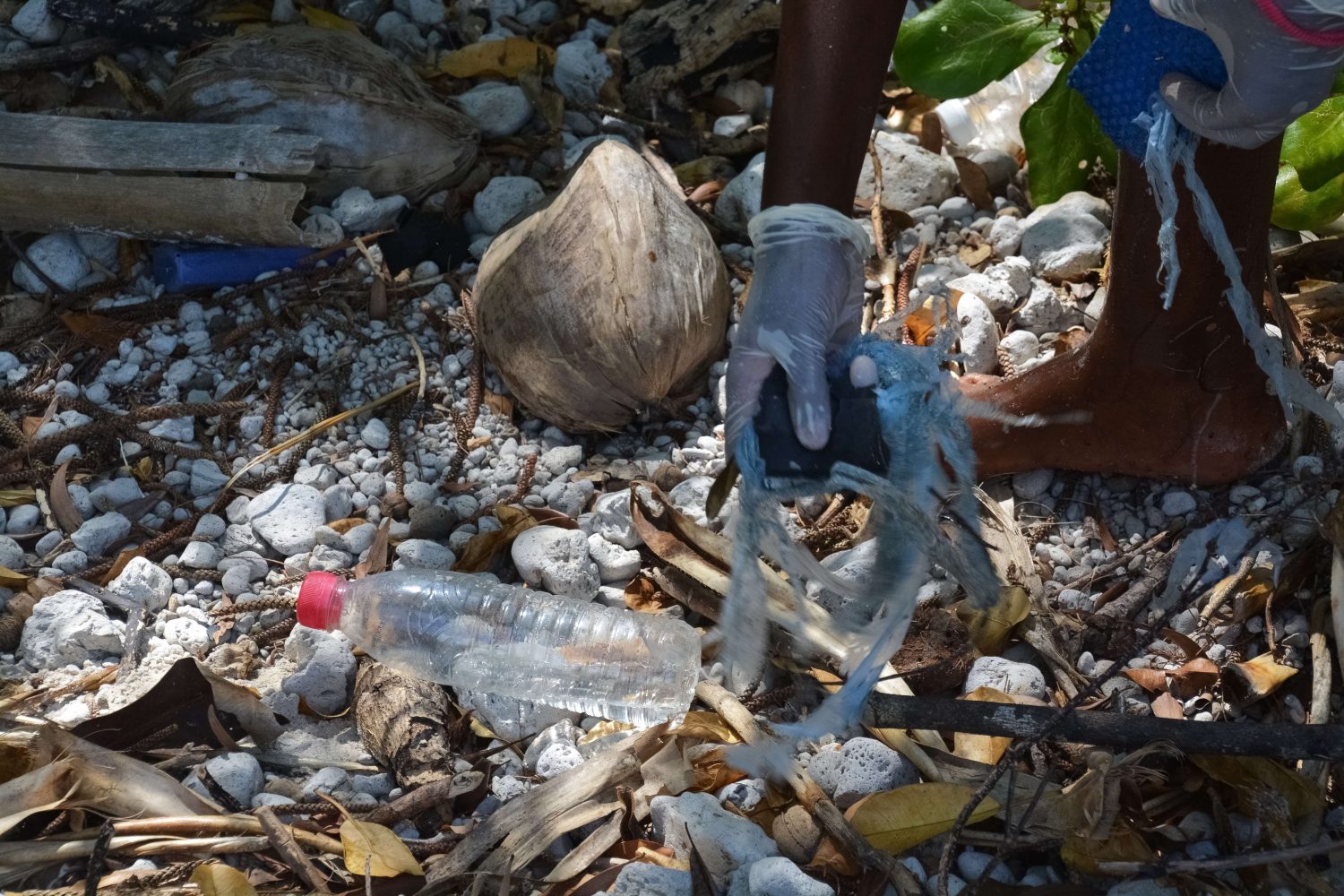What Is Integrated Waste Management in India, And Why It’s Important
As the world’s population continues to grow, so does the amount of waste we produce. If this waste is not managed properly, it can lead to serious environmental problems.
In India, integrated waste management is a system that has been put in place to deal with the country’s waste problem. It involves the collection, transport, processing, and disposal of waste in a safe and efficient way.
Why is integrated waste management important? Keep reading to find out!
What is Integrated Waste Management?
Integrated Waste Management (IWM) is a holistic approach to waste management that considers all aspects of waste generation, collection, transportation, treatment and disposal. IWM aims to minimize the negative environmental and health impacts of waste while maximizing its economic value.
In India, IWM is particularly important due to the country’s large population and limited resources. With over 1.3 billion people, India generates a huge amount of waste every day – an estimated 62 million tonnes in 2016 alone. This is expected to increase to 165 million tonnes by 2030.
While some of this waste can be recycled or reused, much of it ends up in landfill sites where it can leach harmful toxins into the environment. This can contaminate water supplies and soil, and impact the health of local residents.
IWM is therefore vital to protecting the environment and public health in India. It also has the potential to create jobs and boost the economy, as waste can be used as a resource for energy generation or other purposes.
The Indian government has been working on developing an IWM strategy since the early 2000s. In 2006, it launched the National Mission for Clean Ganga (NMCG), which included a focus on I
Why Integrated Waste Management is Important in India?
In India, waste management is a pressing issue. The country produces around 1.5 million tons of municipal solid waste every day, and much of it is not properly disposed of. This can lead to serious environmental and health problems.
Integrated waste management is an approach that considers all aspects of waste management, from collection and transportation to treatment and disposal. It is a holistic approach that can help to address the complex issue of waste management in India.
There are many reasons why integrated waste management is important in India. First, it can help to reduce the amount of waste that is produced. Second, it can improve the efficiency of waste collection and transportation. Third, it can ensure that waste is properly treated and disposed of. Finally, it can help to raise awareness about the importance of proper waste management.
Implementing an integrated waste management system in India would be a huge undertaking. However, it is an important step in addressing the country’s waste management problem.
What are the Different Types of Waste?
There are four different types of waste: general, recyclable, hazardous, and medical.
General waste is the most common type of waste. It includes items like food scraps, paper, and plastics. Recyclable waste includes items that can be recycled, such as glass, metal, and certain types of plastic. Hazardous waste includes items that are poisonous, flammable, or corrosive. Medical waste includes items that may be infected with bacteria or viruses.
Integrated waste management is important in India because it helps to reduce the amount of waste that is produced. It also helps to improve the quality of life for people who live in areas where waste is a problem.
Collection of Waste

In India, waste management is a huge problem. The country produces over 1.5 billion tons of waste every year, and only about 60% of that is properly collected and disposed of. That means that there’s a lot of waste ending up in places it shouldn’t be, like on the streets or in rivers and lakes.
Integrated waste management is an approach to waste management that looks at all aspects of the problem, from collection to disposal. It’s important because it can help to reduce the amount of waste that’s produced in the first place, and it can also make sure that the waste that is produced is properly collected and disposed of.
There are a number of different methods of collection that can be used in integrated waste management. One common method is the door-to-door collection, where garbage collectors go from house to house to collect waste. This method is effective, but it can be expensive.
Another common method is community dumpsters, where people can bring their waste to a central location. This method is also effective, but it can lead to problems if the dumpsters are not emptied regularly.
The best method of collection will vary from place to place, and it will depend on the
Transportation of Waste
In India, waste management is often not given the attention it deserves. This is because there are many other pressing issues that need to be dealt with, such as poverty and infrastructure development. However, this does not mean that waste management should be ignored. In fact, it is very important for the country’s future.
One of the key components of waste management is transportation. This is because waste needs to be moved from where it is generated to where it will be treated. In India, this is often done by trucks or trains. There are also a number of private companies that offer waste transportation services.
The transportation of waste is important for two main reasons. First, it ensures that waste is moved to a location where it can be properly dealt with. Second, it helps to keep communities clean. If waste is not transported properly, it can lead to environmental problems and health hazards.
There are a number of different ways to transport waste. The most common method in India is by truck or train. However, there are also a number of private companies that offer waste transportation services. These companies often have their own fleet of vehicles and equipment that they use to transport waste.
The transportation of waste is an important
Treatment of Waste
Integrated waste management is extremely important in India due to the country’s large population. With such a high population density, there is a lot of waste that is generated on a daily basis. If this waste is not managed properly, it can lead to serious environmental and health problems.
Integrated waste management involves treating waste at its source, rather than just transporting it to a landfill. This means that various methods are used to reduce, reuse, and recycle waste. This helps to reduce the amount of waste that is produced, and also helps to improve the quality of the environment.
There are many benefits of integrated waste management. It can help to reduce pollution, conserve resources, and save money. It can also create jobs, and help to improve the quality of life for all citizens.
Disposal of Waste
In India, waste disposal is a major issue. The country produces about 1.5 million tons of solid waste each day, much of which is not properly disposed of. This can lead to serious environmental and health problems.
Integrated waste management is a system that can help to address these problems. It involves the collection, transportation, and disposal of waste in a safe and efficient manner.
There are many benefits to implementing an integrated waste management system in India. It can help to reduce pollution, improve public health, and create jobs. It can also save money by reducing the need for landfill space and preventing the release of harmful toxins into the environment.
Despite the many benefits, there are still some challenges to implementing an integrated waste management system in India. One challenge is the lack of infrastructure. Another challenge is the high cost of implementing such a system. However, these challenges can be overcome with proper planning and funding.
Overall, integrated waste management is a beneficial system that can help to address many of the waste disposal issues in India. With proper implementation, it can lead to a cleaner environment and healthier population.
Conclusion
Integrated waste management in India is important for a number of reasons. It helps to keep our environment clean, it protects public health, and it can save businesses and municipalities money. By working together to implement effective waste management strategies, we can make a difference in the quality of life for all Indians.
For more information visit the below links:

